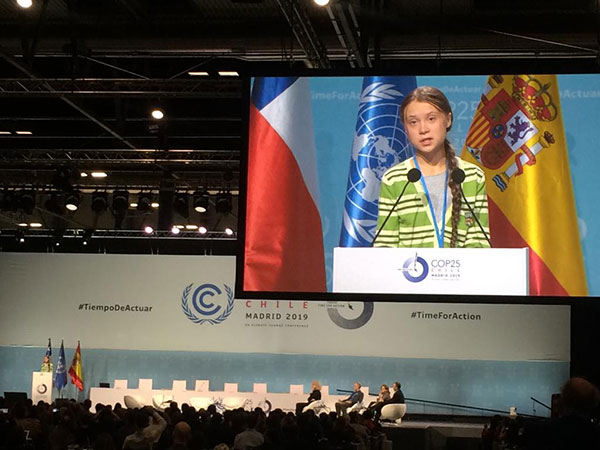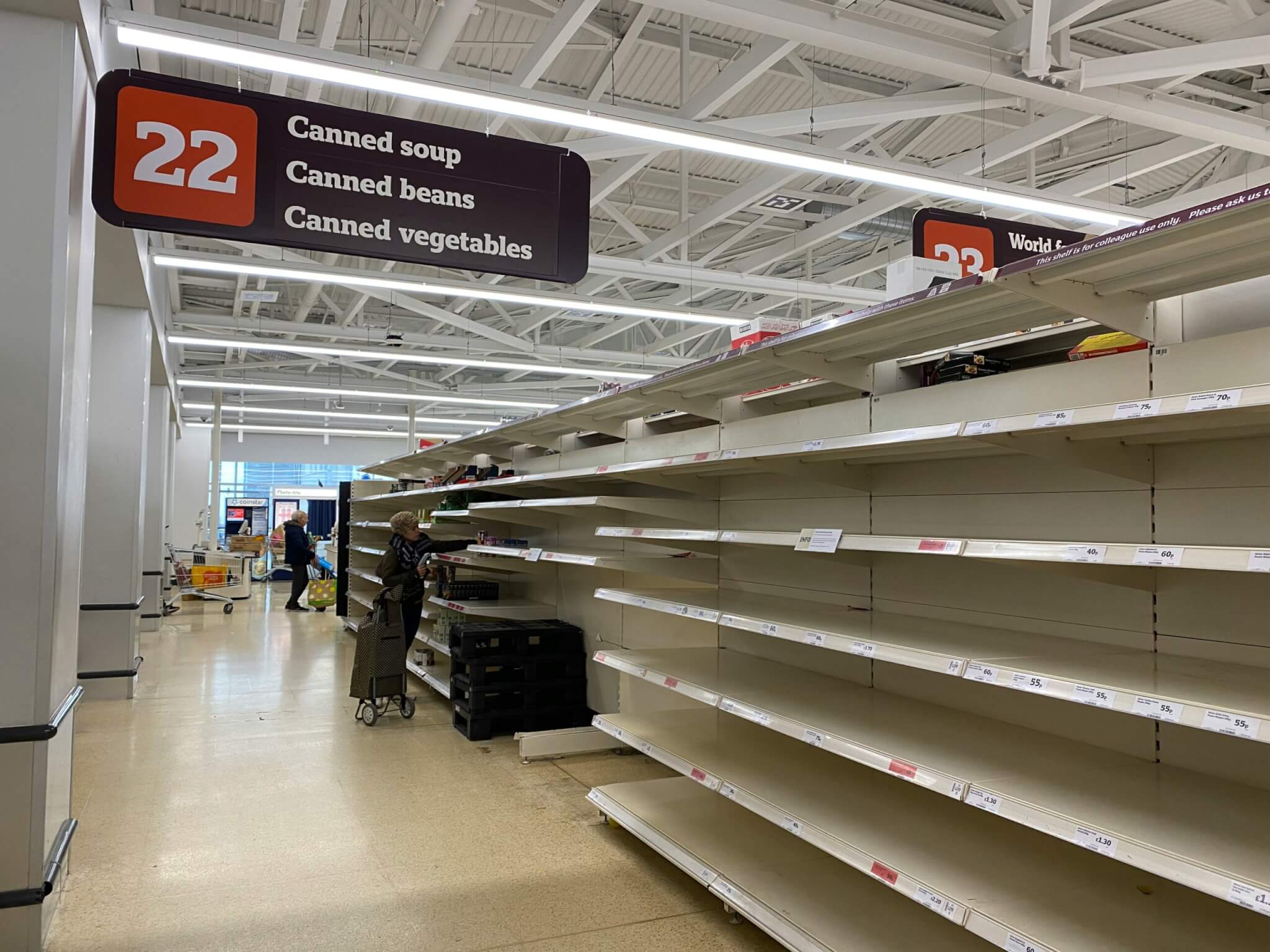The climate talks in Madrid have ended in delay and disarray, as international disagreements saw no new environmental pledges reached.
COP25 overran, becoming the longest of its kind in history, with bickering over so-called ‘carbon markets’ stalling proceedings.
Richer nations at COP25 were accused of “finding clever ways around having to take real action” by Greta Thunberg, climate activist and founder of the global youth climate movement.
She addressed the summit last Wednesday (10 December), using the platform to criticise inaction from wealthier governments.
“The G20 countries account for almost 80 per cent of total emissions. The richest 10 per cent of the world’s population produce half of our CO2 emissions, while the poorest 50 per cent account for just one-tenth,” said Thunberg.
She later reflected that the meeting seemed to have been “falling apart”, tweeting that “the science is being ignored”.

The row over carbon markets, covered by Article 6 in the Paris climate agreement and first introduced in 1997, was largely blamed for the setback.
Brazil was criticised for selling carbon credits from its forests while also counting these areas as their own carbon-offsetting sites, a move that is seen as ‘double counting’ by much of the international community.
“Currently, carbon markets risk creating massive loopholes to reach climate targets on paper without actually reducing emissions, it’s cheating,” said Gilles Dufrasne, policy officer at environmental NGO Carbon Market Watch. “Certain countries want to exploit the past to cheat the future when what we need is real action to match the scale of the climate emergency.”
In a closing statement, the EU delegation said it could not support something that would “undermine environmental integrity”.
“This COP did not deliver all of what we came here for. Despite all the energy and commitment of our negotiators, we did not reach an agreement on Article 6 and we have to say that we are disappointed.”
Discord in official meetings also led to a number of protests in Madrid. Environmentalists were dramatically ejected from the event following a sit-in to protest the lack of progress from member states.

Protesters claimed that they faced “abrupt and rough” treatment from UN security staff, the BBC reported, before having their badges confiscated, meaning that they could not return to talks.
An agreement was eventually reached, however, with countries asked to come up with new carbon targets in order to achieve the goals of the 2015 Paris Accord.
But critics have argued that the row over carbon credits underlined the lack of focus on environmental responsibility by Western governments.
Jennifer Morgan, executive director of Greenpeace, called carbon credits “a dangerous distraction”. “Why are we here in 2019 still talking about a failed policy from 1997?” she told the Guardian.
UN secretary general António Guterres said: “The international community [had] lost an important opportunity to show increased ambition on mitigation, adaptation and finance to tackle the climate crisis.”
As internal politics and economic competition continue to disrupt the course of climate action, the world looks to the UK. The next COP summit is set to take place in Glasgow at the end of 2021.
What is COP?
The COP (Conference of the Parties) talks happen annually in a different country. COP21, hosted in Paris in 2015, led to the world’s first universal and legally-binding pledges to tackle climate change, including to keep global temperatures within a two-degree warming limit. The Paris Agreement, however, was put under strain by changing governments, with US president Donald Trump later pulling out of the agreement.
What are carbon credits?
Carbon credits are granted to countries for having carbon sinks and supporting sustainable projects. These have become assets in a global carbon market, with countries buying credits to achieve their emissions goals.
Designed to incentivise developing countries into greener conduct, the system has instead found itself at the centre of a global row.













0 Comments